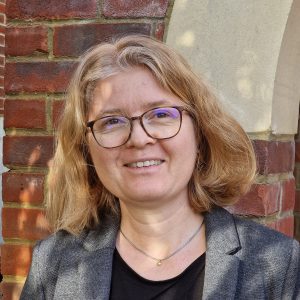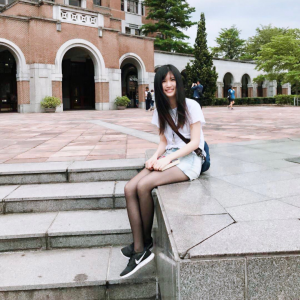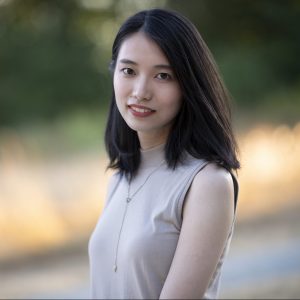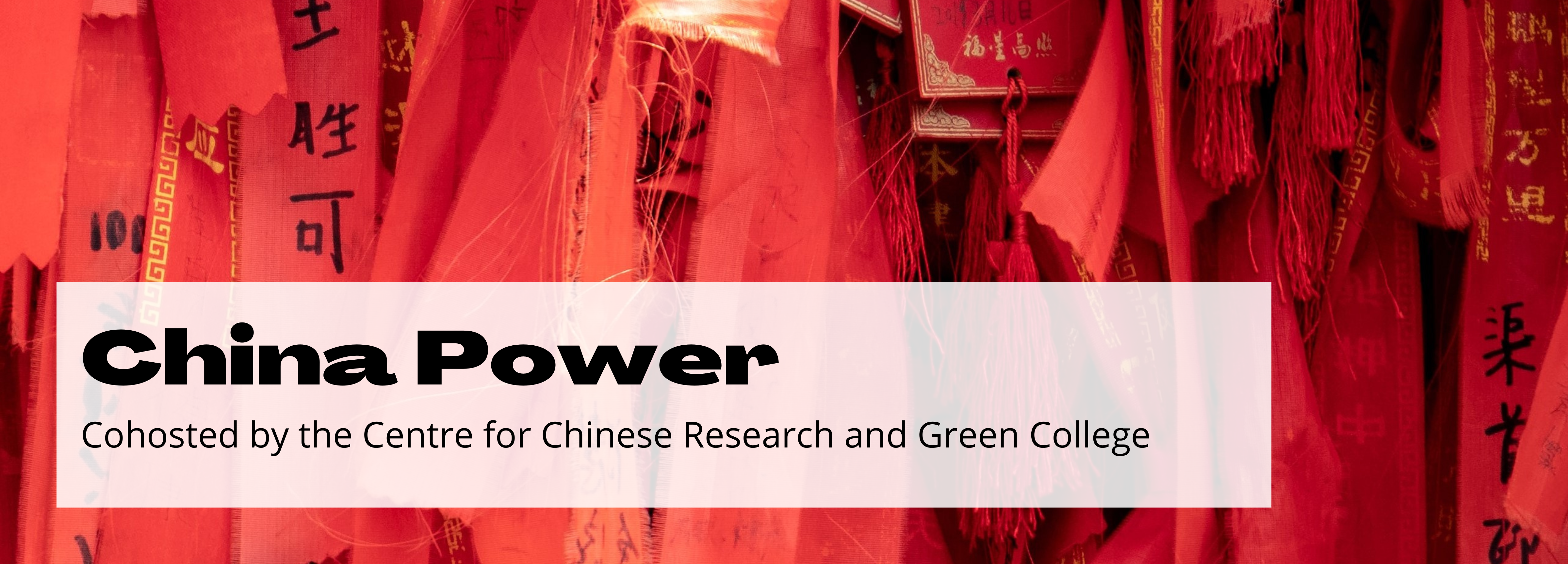
This event will take place both in-person and virtually via this link. For in-person participants, there will be a reception following afterward. For virtual participants, please visit www.slido.com, enter event code , and type your question.
The Chinese Cultural Revolution (1966-76) has often been described as a cultural desert; as an era where nothing was permitted and available beyond the brightly colourful yet often utterly boring official propaganda art, as an era in which censorship and government control dominated the literary field. In this talk, Lena Henningsen will demonstrate how analyses of actual reading practices complicate this picture. While for some, the era was a time of cultural and intellectual deprivation and of political persecution, for others it was an time of great diversity, artistic experimentation and literary entertainment. In the first part of her talk, Lena will trace what was actually available to those who dared to venture into the forbidden, including translations of the latest foreign literature, political texts published for party cadres only and manuscript fiction written, copied and rewritten by the educated urban youth sent to the countryside. She will argue that as a consequence of these circumstances, this literary field was constantly in motion: Both the texts and its practitioners (readers, authors, copyists, etc.) were moving across the country, ensuring that the texts were read by multiple readers while at the same time rendering the texts instable when texts, with both printed and handwritten texts rendered incomplete or completely destroyed from tear and wear. In the second part, she will use the example of a spy story that circulated as manuscript fiction to demonstrate that this instability facilitated tremendous creativity of which the multitude of versions of identical stories that survived bear witness. These different versions shed light on crucial aspects of how the Cultural Revolution was experienced at the time. She will conclude by discussing how these literary practices laid the foundation for the tremendous literary creativity of the early post-Maoist years as texts and practitioners moved into a new era.




With China’s rise as a major player on the global stage, understanding the nature of Chinese power and how it is exercised has become increasingly important. This series of lectures brings together leading experts from a diverse range of fields to illuminate how power operates internally within Chinese society, and externally in its relations with the rest of the world. The series will explore how social relations (or guanxi) operate in Chinese society today, the role of cultural practices in reproducing and contesting state power in authoritarian China, the impact of a rising China on the established global order, and the projection of China’s soft power overseas. In examining the multiple dimensions of Chinese power—political, economic, cultural, social—these speakers will deepen our understanding of power in China as well as how it is exercised by China.